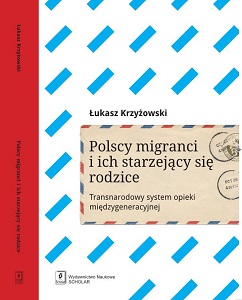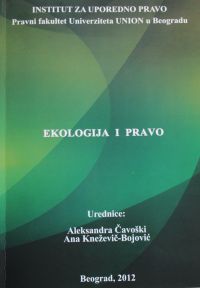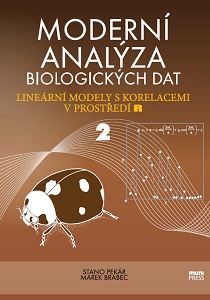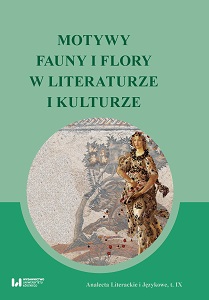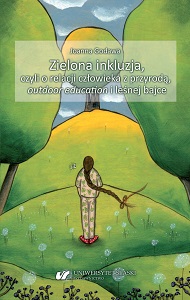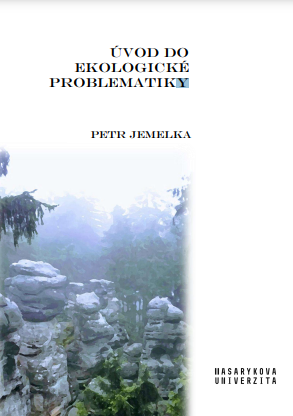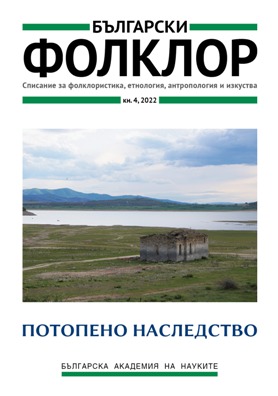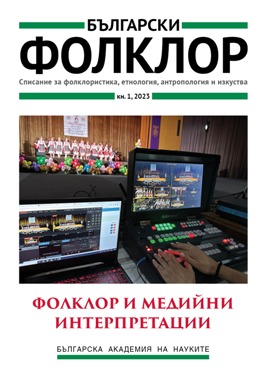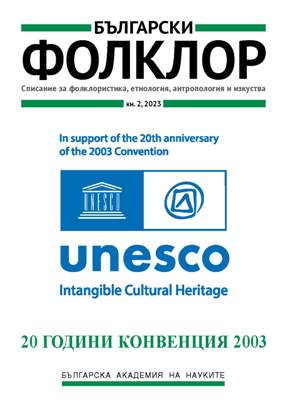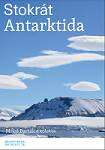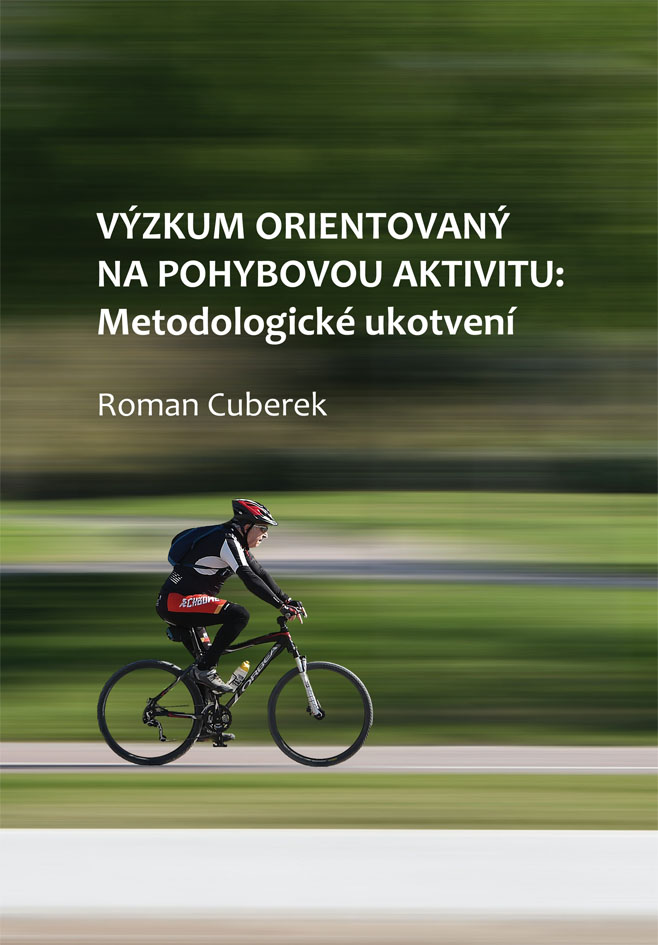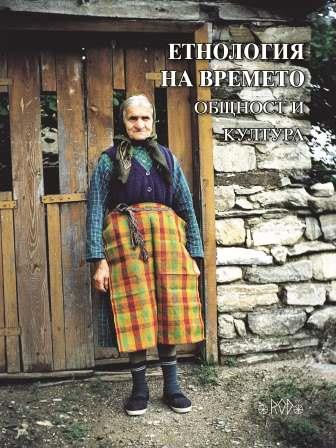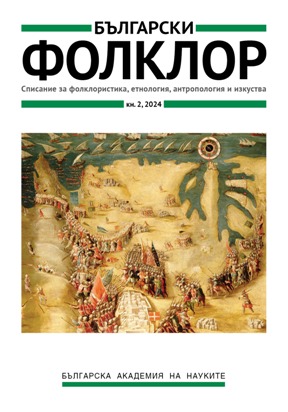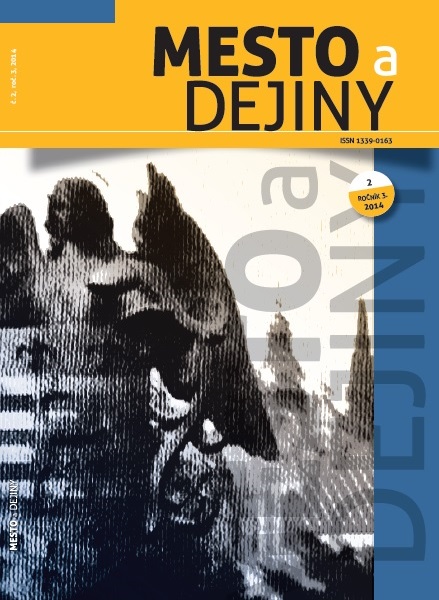
Počiatky motoristického športu v Bratislave a Košiciach v rokoch 1921 – 1933
The tradition of motor sport in Slovakia is not rooted so deeply as in the Czech lands, or west European states, where it was developed since the turn of 19th and 20th century. This expensive and marginal activity at the beginning started to grow through the organized motoring associations, which were based in Slovakia during the 1920s and 1930s. In Slovakia didn’t exist stable speedway in this period and the races were organized on public roads, what required the cooperation of the districts’ structures and security forces. This kind of races were more attractive and it made them accessible to a wider circle of audience. From the slowly beginnings in the first half of the 1920s a solid base of sports motoring has been formed, subsequently extended its activities range from small club trips to events such as: Competition reliability,„Star-driving“, Speed races or Competition of elegance. This positive trend, however, was temporarily dampened by the impact of the global economic crisis, which also closed the pioneering stage of development of motor sport in Slovakia. This paper aims to capture the character of a relatively dynamic growth of modern sport activity in its pioneering stage in Slovakia.
More...
